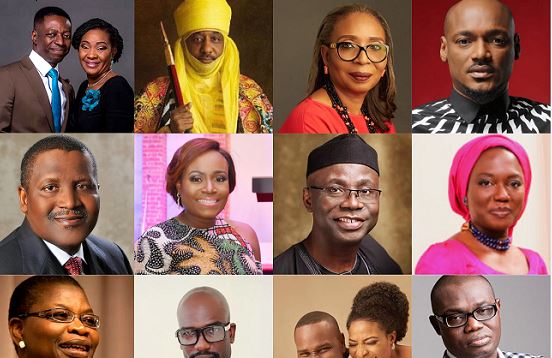Amnesty International has described death penalty as discriminatory, saying the country imposed the highest number of death sentences in sub-Saharan Africa.
There are currently 2,285 Nigerians awaiting execution.
Ossai Ojigho, country director of the organisation, said this on Thursday at the presentation of the 2018 Amnesty International death penalty report 2018 in Abuja.
Ossai observed that despite Nigeria’s security challenges made evident through the Boko Haram activities, kidnapping, armed robbery, and the rising cases of herdsmen attacks on vulnerable communities, subduing violence with more violence would end with everyone losing their lives.
Advertisement
She said though there have been no executions in recent times, administering the death penalty on insurgents and other criminals would not address Nigeria’s security upheavals since they are merely “symptoms of a breakdown of the nation’s social fabric, poverty and a failure of the justice system”.
“We have discovered that the death penalty in Nigeria has been discriminately applied. There is an increase in neglect; we discovered that when these crimes are committed, they are done by the most vulnerable people in society,” she said.
“But Nigerians should ask questions; who are the people on death row? If terrorism, kidnapping and other high crimes are occurring in our society with people getting paid ransom and living a larger than life existence, how come they are not on death row? How come such people have not been convicted of the crimes they committed?”
Advertisement
Ossai said rather than handing the death penalty, it would serve Nigeria better to overhaul the prison system, amend the current terrorism act, speed up judicial reforms, and create an environment for the rehabilitation of convicted individuals to dissuade them from going back to crime.
Damian Ugwu, a lead researcher with Amnesty International, urged both federal and state governments to maintain a moratorium on death penalty, in line with the recommendations of the death penalty committee set up by former President Olusegun Obasanjo in 2004.
“The committee noted that the Nigerian judiciary was administering an imperfect criminal justice system, and that an imperfect judiciary should not be allowed to take life. This is significant for us,” Ugwu said.
“People are still being tortured in police custody; people are still bribing and buying their way out, we heard of people being substituted in prison.
Advertisement
“If this is still happening then it is better to suspend execution to avoid killing innocent people and fix these flaws. Once you execute people it’s final.”
Add a comment






